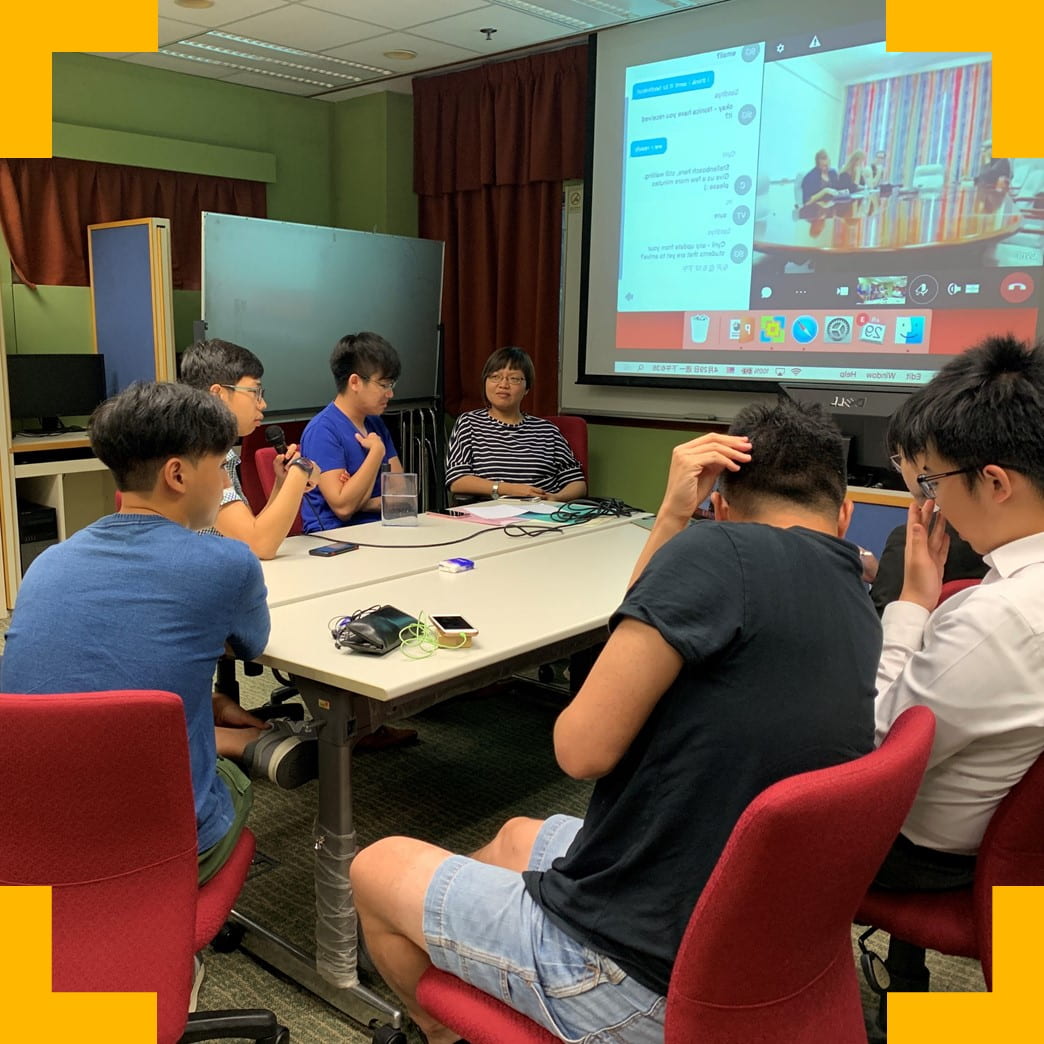Going Global
Can university students' awareness and understanding of global citizenship be promoted through intercultural encounters with students from other universities?

Generation Global brings together students aged 12-17 from over 40 countries to engage in online discussion. The organisation aims to promote knowledge, understanding and skills to help navigate difference and ‘otherness’ in a peaceful and constructive way. They explore difficult discussions around difference in religious and non-religious beliefs and political opinions.
Could this success be extended to a university context? Currently, developing ‘soft skills’ and humanistic concerns of this nature tends to be side-lined by academic learning and successful performance. To ‘live well’ in a multicultural world, graduates need the capacity to navigate the complexities, diversities and uncertainties it brings. They must be able to live alongside, work with and relate to peers with a wide range of cultures, beliefs, values and perspectives.
What did the project involve?
This project piloted international, intercultural dialogue between three international universities using bespoke facilitated video conferencing.
The team collaborated to prepare and participate in an online training session and two online discussions using computer supported collaborative learning. The sessions involve groups of students from three universities: University of Bristol, UK, the Chinese University of Hong Kong and Stellenbosch University, South Africa.
Through these sessions the team also created an online canvas of responses and reflections from students taking part in the project.
Who are the team and what do they bring?
- Dr Janet Orchard (Education) is experienced in translating dialogical practices of teaching from schools to higher education settings.
- Dr Sally Wan (Chinese University of Hong Kong) has experience of local and international collaborative studies using computer supported collaborative learning.
- Nuraan Davids (Stellenbosh University)
- Jo Malone (Generation Global) has experience creating classroom dialogue materials and managing over 4000 global video conferences.
- Bridget Anderson (Sociology, Politics and International Studies and Migration Mobilities Institute) has an interest in in-depth theoretical constructions of the ‘other’ through law and policy.
- Pier-Luc Dupont Picard (Sociology, Politics and International Studies) researches the interplay between human rights, education, discrimination, public policies and prejudice.
What were the results?
The team held the training session and the online discussions and generated a wealth of intercultural discourse. This is reflected in the blog post: ‘Global Dialogue: Reflections as a student participant’ written by Emily Hui Sein Yue of Hong Kong University and published on the University of Bristol School of Education Blog.

